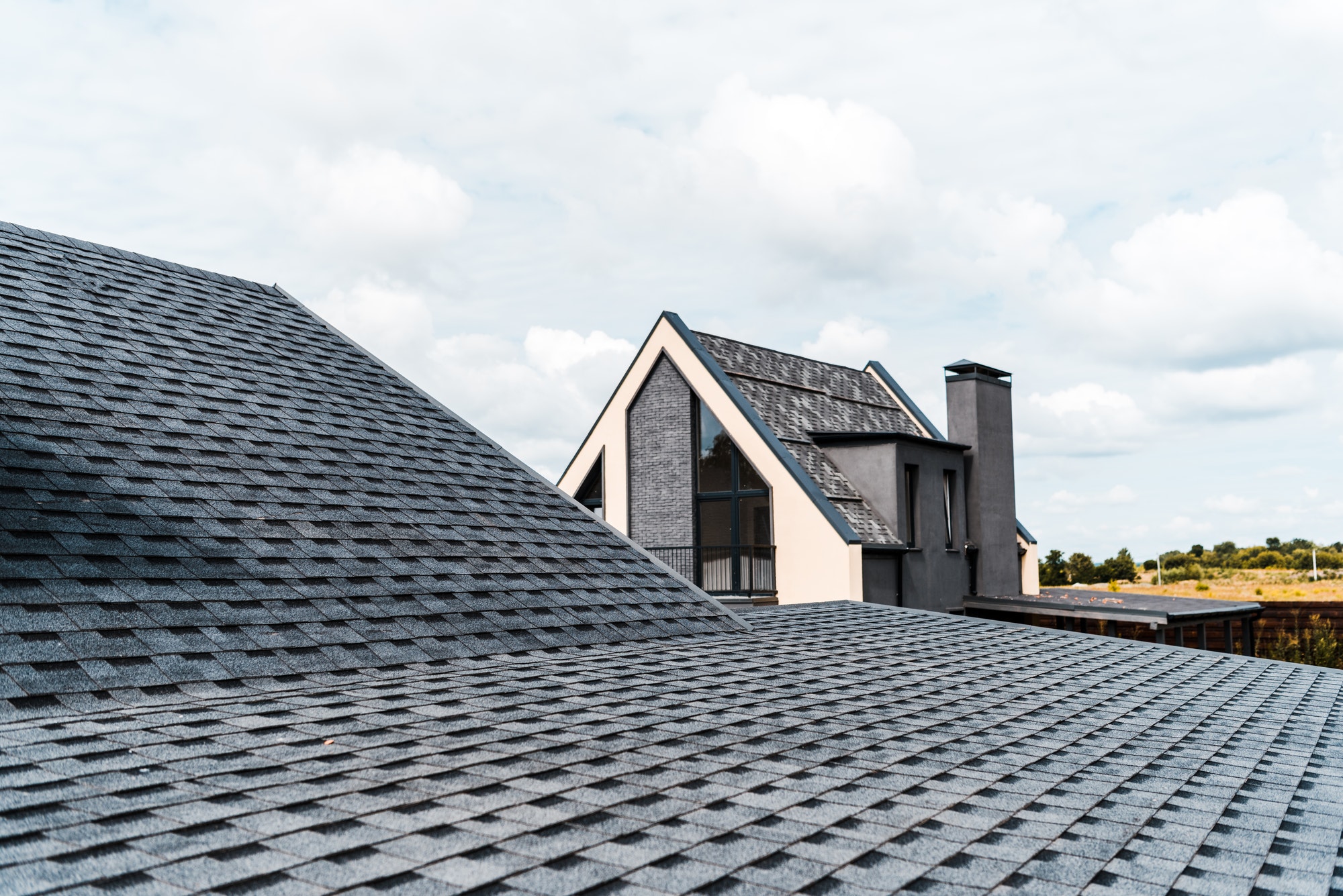Buying property in a country like Austria is a big deal. Austrian property offers some of the best returns on investment in Europe. The country’s real estate prices rose by over 13% during the second quarter of 2023, making it one of the go-to destinations for property investors. Austria also takes 5th place in the Global Peace Index rankings.
However, there are more things to consider when navigating Vienna real estate. If you’re looking for an investment that will give you financial security over time and is protected by Austrian property law, Austria might be a great pick.
In this article, you will learn about the financial aspects, tips, and risks of purchasing property in Austria as a foreigner.
Important Aspects of Buying a Property in Austria

Property investments are not for everybody. You have to be willing to go through all of the legal stages of the process to reap the benefits of owning real estate in Austria.
Here are several important factors that might make you think twice before investing your funds in Austrian property:
Costs of the Real Estate Acquisition
If you plan to buy a property in Austria and live there, you should be aware of the total expenses. Those include:
- income tax (from 0% if your annual income is less than €11,693 to 55% if your yearly income is over €1 million);
- stamp duty or purchase tax (3.5% of the gross price);
- Land Registry registration (1.1% of the gross price);
- notary’s fees (from 1.5% to 2% of gross price);
- administration fees (around €150).
Expect your total gross purchase price to increase by at least 6.1%.
Government Approval
To be able to buy real estate in Austria, foreign individuals — or entities with ownership interests or headquarters located outside Europe — must seek approval from the local authority. The process of getting approved might vary from province to province. If you are a European citizen, you have the same rights for buying property as locals.
Capital Gain Tax
The capital gains that are subject to the tax are calculated as the selling price minus the acquisition cost. Capital gains from the sale of real estate are taxable at a flat rate of 30% granted that you purchased the property after March 31, 2022. If the property was purchased before that, the tax rate will be 4.2% of the sale profit.
Rental Income
Taxable rental income is the excess of receipts over income-related expenses. Deductible expenses include:
- maintenance and repairs;
- depreciation;
- administrative expenses (professional tax advice);
- interest payments;
- real estate tax.
Nonresidents suffer special penalties. The tax base of each nonresident individual was notionally increased by €8,000.
Top Tips for Property Investment in Austria

Successful real estate investment is a complex process that can’t be done on a whim. Here are some tips that will help you get around the Austrian property market:
- Develop an understanding of your property investment. Think about all the regulations that buying a type of property you want involves. Find the property that you would qualify for and that you will be able to manage.
- Plan your strategy. Think about your end goal and the investment strategy (like buy and hold or buy and rent) that will be able to fulfill it. Decide whether residential or commercial property will fit you best.
- Choose the type of property. The end price of your investment will depend on the type of real estate you choose, like a new building, off-plan, or refurbished property.
- Research the right location. You want your location to be near amenities like shops, parks, medical facilities, and schools. A variety of transportation options and upcoming infrastructure projects will ensure that your property appreciates in the future.
- Consider mortgage products. Taking a mortgage has its pros, like the ability to purchase bigger properties, and cons, like higher end costs. Before resorting to a mortgage, learn more about its pitfalls.
- Create an exit strategy. The design of your exit strategy will largely depend on personal factors like financial goals and risk tolerance. Remember that a well-planned exit strategy can help you mitigate risks, navigate changes in the market, and ultimately lead you to your investment goals.
- Consider property management. You can manage your property yourself or hire an experienced agency that will add up all of your expenses, ensure your financial security, and help you find or organize the tenant selection process.
Possible Risks for Foreign Buyers
Austria has many advantages to offer to a foreign real estate buyer like quality of life, security, and social protection. However, several risks might not seem evident at first:
- Yields for long-term rentals in cities like Vienna are currently at 3-4%.
- Real estate prices in prime locations in Austria have risen sharply in recent years.
- Capital gains tax is as high as 30%.
- Double taxation agreements might apply to you as a foreign property investor.
Look for someone with extensive knowledge of the local market and strong relationships within it. A reputable real estate agent who is well-versed in the Austrian property market can help bridge the language and cultural gaps, ensuring that you make informed decisions and avoid any misunderstandings or pitfalls.
In Summary
The Austrian property market presents lucrative opportunities for property investors. By considering all the risks, following tips, and finding a reliable property expert, you can navigate the Austrian property market with ease.
Discover more from Futurist Architecture
Subscribe to get the latest posts sent to your email.




